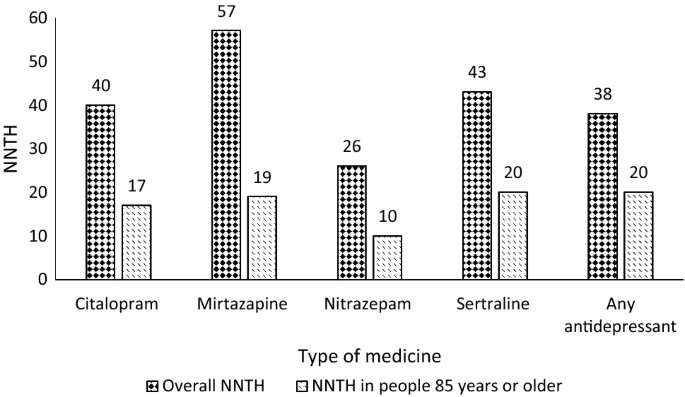Medicines for anxiety and antidepressants trigger post-surgery delirium

Older people taking a medicine used to treat anxiety and insomnia—nitrazepam—as well as those on antidepressants, are twice as likely to suffer postoperative delirium after hip and knee surgery, a new Australian study has found.
26 dec 2021--The finding has prompted calls by University of South Australia (UniSA) researchers for older patients to temporarily cease these medications or change to safer alternatives prior to surgery.
In a study published in the international journal Drug Safety, UniSA scientists scanned data from 10,456 patients aged 65 years and older who had undergone knee or hip surgery in the past 20 years. A quarter of them (2614 people) had experienced delirium after surgery.
Apart from nitrazepam, five medications—commonly prescribed for depression and various anxiety disorders including obsessive-compulsive disorder and post-traumatic stress disorder—were associated with delirium, although not to the same extent. They included mirtazapine, sertraline, venlafaxine, citalopram and fluvoxamine.
Lead researcher Dr. Gizat Kassie says no link was found between pain-relieving opioids and delirium.
"Our findings show that some medicine types within the same classes of medicines are riskier than others when it comes to causing delirium after surgery, and the older the patients are, the greater the risk," he says.
Smoking, alcohol use, multiple health conditions, polypharmacy (taking five or more medications), male gender, older age and impaired cognition also put people at risk.
Many of these factors can't be altered but we can do something about medications.
"Delirium affects up to 55 percent of older patients undergoing hip surgery and is associated with an increased risk of death, prolonged hospital stays and cognitive decline. Delirium is costly to manage and puts enormous stress on the healthcare system, health professionals and families," Dr. Kassie says.
An earlier study found that older people who developed delirium following hip surgery had a 10 percent higher death rate within one year compared to patients who were not affected.
The UniSA study is the first to investigate the link between specific medications and delirium after surgery. Previous studies have been broader in scope, considering a range of factors predisposing older patients to delirium.
The researchers hope that evidence-based recommendations can be implemented into clinical practice so that delirium risk by medicines can be reduced.
"In people undergoing elective procedures it should be practical to taper specific medications well in advance. It's important that people are weaned off these riskier drugs well before surgery because abrupt withdrawal can have even worse consequences," Dr. Kassie says.
"The Risk of Preoperative Central Nervous System-Acting Medications on Delirium Following Hip or Knee Surgery: A Matched Case-Control Study" is published in Drug Safety.
No comments:
Post a Comment